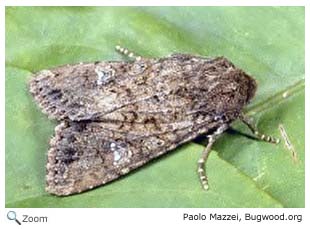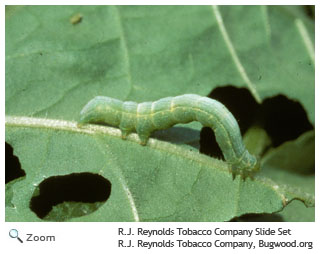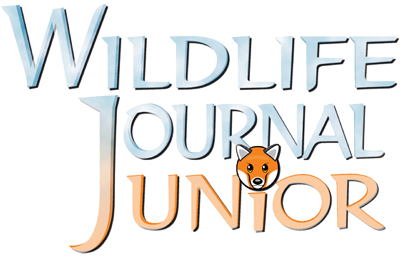Noctuidae - Dagger Moths, Noctuid Moths |
|
|
 There are around 25,000 identified species of small to large moths in this family. Most of the moths in this family are dull in color, but some species have brightly colored hindwings. There are around 25,000 identified species of small to large moths in this family. Most of the moths in this family are dull in color, but some species have brightly colored hindwings.
They have threadlike
antennae and are found in all parts of the world. Most
species pupate in the soil. Most of the moths in this family are nocturnal and are attracted to light.
Adults feed on the nectar of flowers. Most of the caterpillars in this family have very little hair or are smooth.
Cutworms are in this family. The caterpillars of cutworms live in the soil and can damage plants. They pull plants from the surface down into their burrows!
 Armyworms and cabbage loopers are also in this family and can cause damage to crops. Cabbage loopers are also known as cabbage worms. They are called loopers because they hunch their bodies and move like inch worms. They are pale green with white stripes and feed on crops like cabbage, kale, turnips, broccoli, and cauliflower. Armyworms and cabbage loopers are also in this family and can cause damage to crops. Cabbage loopers are also known as cabbage worms. They are called loopers because they hunch their bodies and move like inch worms. They are pale green with white stripes and feed on crops like cabbage, kale, turnips, broccoli, and cauliflower.
Armyworms are also a threat to crops. They get their name because the attack crops like an invading army! They feed on grass and grain crops and will eat everything in their path and then move on to the next food source.
World Status Key
 Least Concern Least Concern  Near Threatened Near Threatened  Vulnerable Vulnerable  Endangered Endangered  Critically Endangered Critically Endangered  Extinct in Wild Extinct in Wild  Extinct Extinct
Status and range is taken from ICUN Redlist. If no status is listed, there is not enough data to establish status.
US Status Key
 Threatened in US Threatened in US  Threatened in NH Threatened in NH  Endangered in US Endangered in US  Endangered in NH Endangered in NH  Introduced Introduced
Status taken from US Fish and Wildlife and NH Fish and Game
New Hampshire Species |
|
New Hampshire Species (cont.) |
Splendid Dagger Moth - Acronicta superans
Meropleon diversiclor
Northern Burdock Borer Moth - Papaipema arctivorens
Brown-hooded Owlet - Cucullia convexipennis
Comstock's Sallow - Feralia comstocki
Bicolored Sallow - Sunira bicolorago
Xanthia tatago
|
|
Common Looper Moth - Autographa precationis
Scalloped Sallow - Eucirroedia pampina
Iris Borer Moth - Macronoctua onusta
Anarta nigrolunata
Ipsilion Dart - Agrotis ipsilon
European Yellow Underwing - Noctua pronuba 
Corn Earworm Moth - Helicoverpa zea |
Additional Information
Key:  Profile Profile  Photos Photos  Video Video  Audio Audio  NH Species NH Species
Corn Earworm Moth - Helicoverpa zea   
The caterpillar of the corn earworm moth feeds on the outer end ears of corn.
Source: Butterflies and Moths of North America Intended Audience: General Reading Level: Middle School
European Yellow Underwing - Noctua pronuba    
The native range of the European yellow underwing is Eurasia and Africa. It was accidentally introduced to Nova Scotia in 1979.
Source: Butterflies and Moths of North America Intended Audience: General Reading Level: Middle School
Iris Borer Moth - Macronoctua onusta   
The iris borer larva bores into a host plant.
Source: Butterflies and Moths of North America Intended Audience: General Reading Level: Middle School
Scalloped Sallow - Eucirroedia pampina   
The scalloped swallow moth has rusty orange wings.
Source: Butterflies and Moths of North America Intended Audience: General Reading Level: Middle School
Splendid Dagger Moth - Acronicta superans   
The splendid dagger moth caterpillar is found on apple, birch, cherry, hazelnut, mountain ash, and plum trees.
Source: Butterflies and Moths of North America Intended Audience: General Reading Level: Middle School
|


